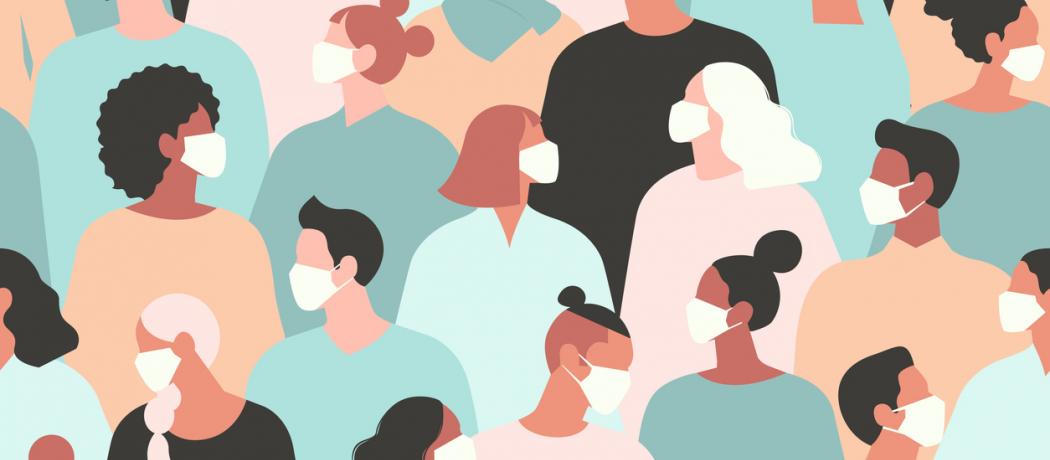An article in a recent issue of the Journal of Women’s Health highlights how sex and gender play an important role in the current pandemic. Using the approach of the US National Academy of Sciences, sex is defined in the article as based on one’s genes, and gender as an individual’s self-representation as male or female, based on social interactions. For example, sex-based physiological differences may account for the innately stronger postvaccination immune responses in women. Clinical trials may need to asses sex-specific dosing guidelines. Sex and gender factors also have serious work-safety implications when considering the design of personal protective equipment. Female sex personnel may be infected more than their male colleagues when, for example, they are provided safety equipment meant for male sex anthropometric measures. Policy processes need to engage gender experts and groups that are marginalized due to gender identity, disability, or ethnicity for inclusive health responses.
The biological and socially based issues are often quantifiable and rather specific. After a bit of searching I found a list of study fields that offer methods for addressing the ambiguous issues, the dilemmas, and the social tensions of a pandemic. Studies of public health–related humanities, like anthropology, archaeology, medical history, philosophy, ethics, and comparative religion may help to make sense of our lives and the world around us with a focus on social, political, and cultural developments. Literature, languages, and linguistics also assist with our interpretation of ideas, our communication, and our thoughts about our experiences. Even the study of arts helps us understand the creative process within stressful social situations.
The question is, how can these studies in the humanities be further encouraged and their wisdom mobilized into practice when that is required? For example, a recent article in the Lancet suggests that even the most effective COVID-19 vaccines and public health measures may falter unless their deployment is in the context of historical and cultural insights, and trustworthy communication. The nondisease aspects of the pandemic, such as deep social, economic, racial, and gender inequities, can be examined by applying tools used in some of the humanities.
This is not to suggest that medical practitioners need extra training in humanities. Humanities scholars have the skills, knowledge, and methods at hand to assist front-line workers to cope. Paying attention to warnings from humanities-trained scholars about anti-Asian violence since the beginning of the pandemic may have prevented some of the tragic racially based attacks.
Academics and scientists must be encouraged to find their voices, and public health and clinical practitioners must hear what they are saying. To that end, Rice University in Houston is engaged in a “Translational Humanities for Public Health” project that identifies and disseminates humanities-based responses to the COVID-19 pandemic. “Translational” is defined as the process by which scientific observations are turned into interventions that improve the health of individuals and the public. Rice University’s Medical Futures Lab is inviting contributions from health professionals to learn how to bring translational humanities methods into their own fields of practice.
—George Szasz, CM, MD
Suggested reading
D’Annibale DA, Purks JL, Huria J, et al: Viewing the COVID-19 pandemic through a sex and gender lens. J Womens Health 2021:30:457-459.
Gubrium A, Gubrium E. Narrative complexity in the time of COVID-19. Lancet 2021;397(10291):2244-2245.
McLellan F. Kirsten Ostherr: Mobilizing the translational humanities. Lancet 2021;397(10291):2243.
Rice University. Medical futures lab. Accessed 23 June 2021. https://mfl.rice.edu.
Rice University. Translational humanities for public health. Accessed 23 June 2021. https://transhumhealth.rice.edu.
This post has not been peer reviewed by the BCMJ Editorial Board.


